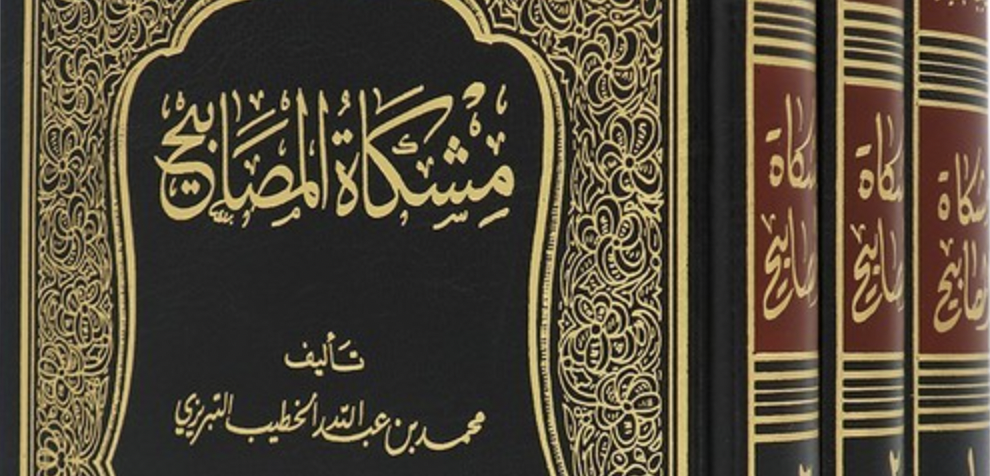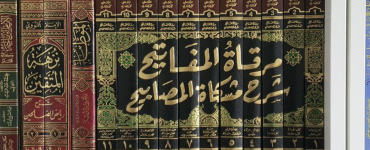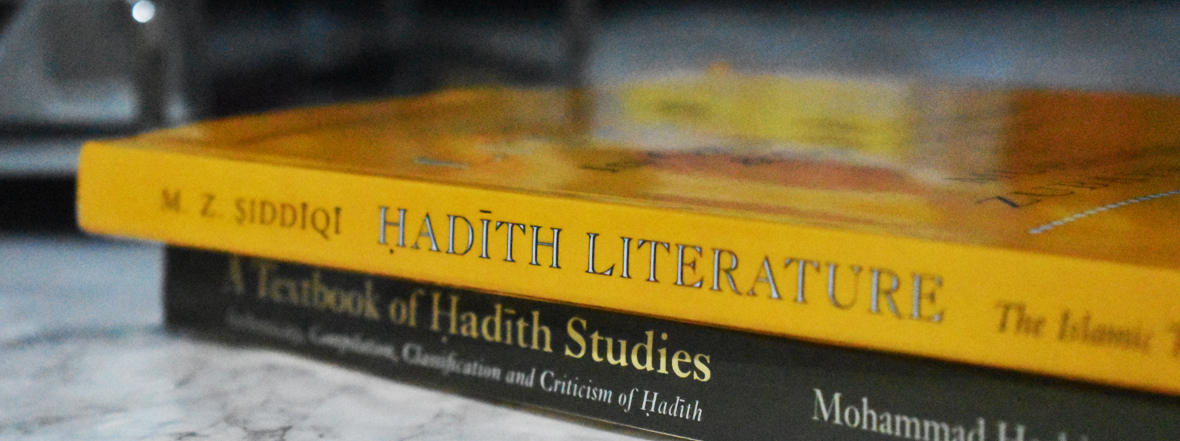Question: When aḥādīth from Mishkāt are referenced to Bukhārī and Muslim, sometimes there is a difference in wording in what is in Mishkāt and what is found in Bukhārī and Muslim. Why is this?
Answer: The reason for the slight difference in the aḥādīth in Mishkāt al Maṣābīḥ and the books they are referenced to, is that Tabrezī, the author of Mishkāt, referenced the aḥādīth presented by Baghawī in Maṣābīḥ as Sunnah to these books. However, Baghawī did not rely on these actual books for his aḥādīth; rather, he presented them with his own chain of narration.
To fully understand this, we need to understand that Mishkāt al Maṣābīḥ is a follow-on book from Maṣābīḥ as Sunnah of Baghawī. Baghawī, whose full name is Abū Muḥammad al Ḥusayn ibn Masʿūd, was a scholar of the fifth and sixth centuries. He passed away in the year 510 Hijrī. Baghawī was an expert in tafsīr, ḥadīth, and fiqh and has books in all these subjects.
Being a great muḥaddith of the fifth and sixth centuries, he would narrate aḥādīth with his own chain of transmission. For example, in Sharḥ as sunnah, another book of Baghawī, the aḥādīth are related mostly with the chains of transmission from himself to the Prophet صلى الله عليه وسلم. This methodology is found in his other books too. What is important in this regard is that when Baghawī presents aḥādīth which are found in Bukhārī, for example, he does not necessarily go through the path of Bukhārī; rather, he will have his own chain which meets up with the chain of Bukhārī at his teacher or grand teacher or above.
To illustrate, the first narration of Bukhārī regarding intention has been related by Bukhārī from his teacher ʿAbdullāh ibn az Zubayr, from Sufyān, from Yaḥyā ibn Saʿīd al Anṣārī. Baghawī narrates this same ḥadīth from his teacher Aḥmad ibn Muḥammad ibn al ʿAbbās, from Muḥammad ibn ʿAbdillāh, from Muḥammad ibn ʿAbdillāh al Iṣbahānī, from Ismāʿīl ibn Ishāq, from Qaʿnabī, from Mālik, from Yaḥyā ibn Saʿīd al Anṣārī. As can be seen, Baghawī did not go through the path of Bukhārī; rather, he presents the same ḥadīth but links up with Bukhārī’s chain at Bukhārī’s teacher’s teacher’s teacher. As this is the case, the wording chosen by Baghawī in Sharḥ as Sunnah will be what was transmitted to him from his teachers; not the wording of Bukhārī. This is just like within Bukhārī, the same ḥadīth will be presented from different teachers with a slight variation in the wording.
Ḥadīth books of this methodology which present the aḥādīth from other books but with their own chain of transmission (and not through the path of the original book) are known as Mustakhrajāt. Many Mustakhrajāt have been compiled on Bukhārī and Muslim. As such, these books will present the aḥādīth of Bukhārī and Muslim but may have slight variations in the wordings as the chains of transmission are not going through Bukhārī and Muslim.
Following on from this, the Maṣābīḥ as sunnah of Baghawī can be seen as a Mustakhraj. The reason is that Baghawī selects aḥādīth from Bukhārī, Muslim, Tirmiḍhī, among others, and then presents the version of those aḥādīth that he has heard from his teachers and their chains of transmission. He does not go through the path of the original books. In Maṣābīḥ as sunnah, however, Baghawī never mentioned the chain of transmission; rather, in most cases he never included the name of the companion either. He only presents the aḥādīth. This was done purely for purposes of brevity. Furthermore, the chains of transmission for these aḥādīth can be found in his other books.
After understanding this, we can now realise that Tabrezī took the aḥādīth of Maṣābīḥ as Sunnah, which had no chains of transmission nor were they referenced to any primary book, and then referenced them to books like Bukhārī, Muslim, Abū Dāwūd and others.
And Allah knows best






